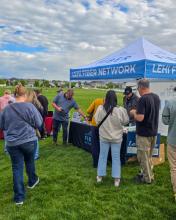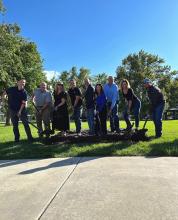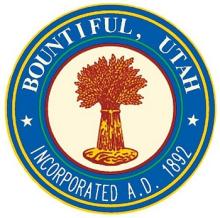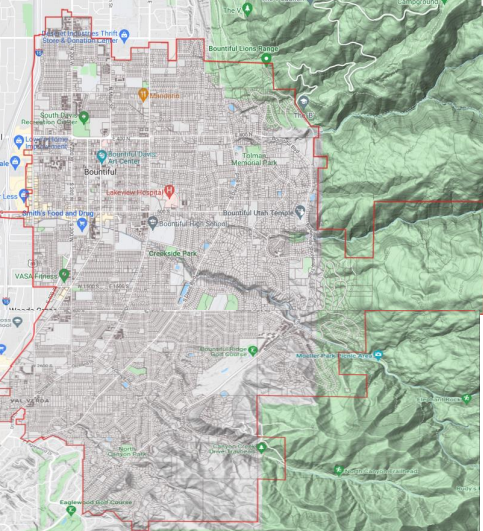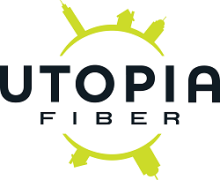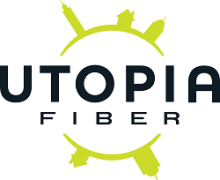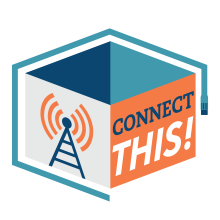Lehi, Utah Finishes Open Access Fiber Network
Lehi, Utah and its partner Strata Networks say they’ve completed construction of Lehi Fiber, the city-owned, open access fiber network that’s dramatically reshaped broadband affordability and competition in the city of 80,000.
When last we checked in with the folks in Lehi back in 2022, they had just broken ground on the new network after a feasibility study by Magellan found widespread local frustration with the lack of affordable local next-generation broadband access.
Three years later, the city says they’ve completed construction of the network, which is owned by the city but managed by Strata.
Lehi Fiber Administrative Services Manager Shaye Ruitenbeek tells ILSR that they’re pleased by the community response so far.
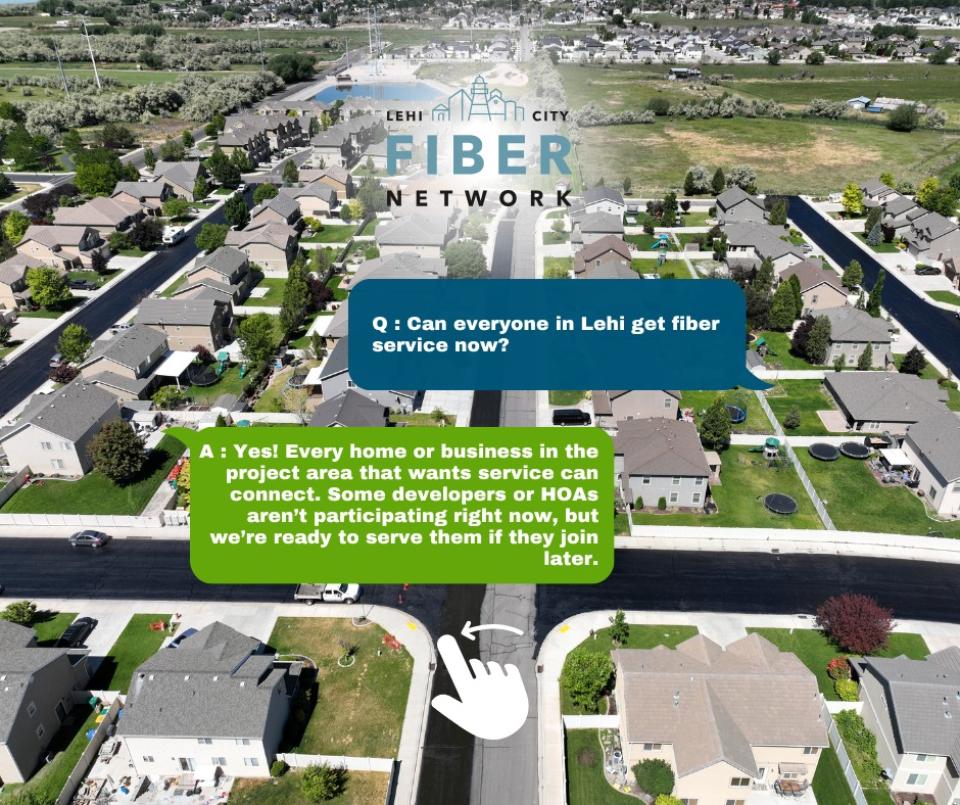
Residents Now Have Choice of Five ISPs
“The Lehi Fiber Network has now passed approximately 23,000 locations, and we will continue expanding as the city grows,” Ruitenbeek said. “Currently, the network supports about 6,400 subscriptions, which represents an approximate 28 percent take rate.”


